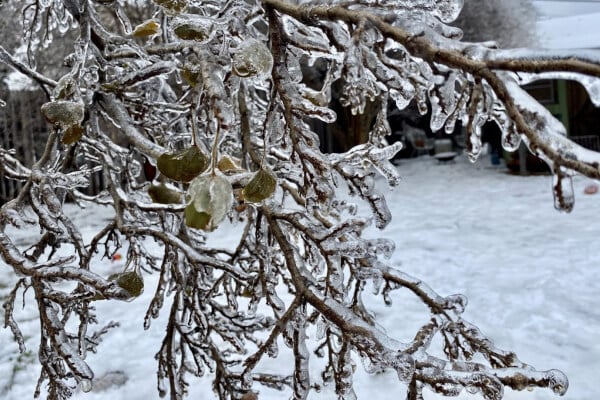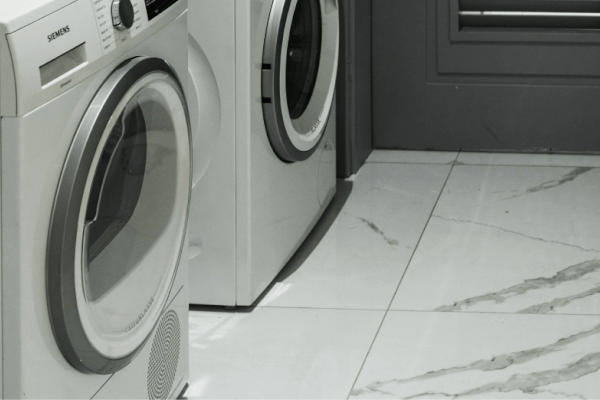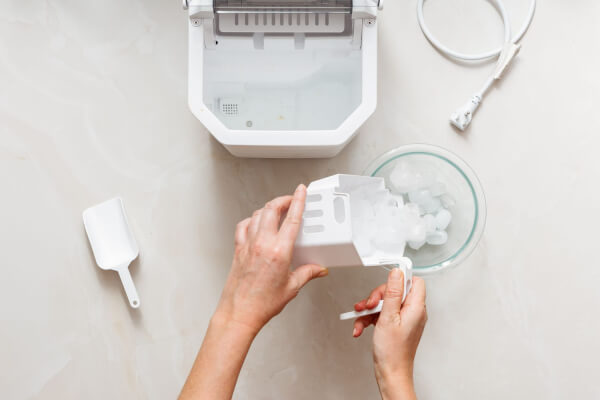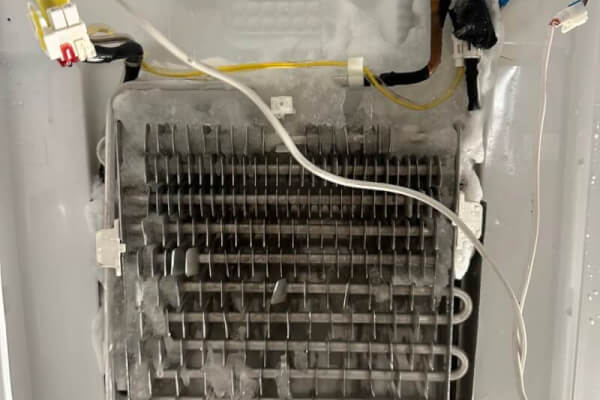How to Prepare Your Appliance for very cold weather coming to Austin

As Austin braces for an unexpected bout of cold weather, it's crucial to ensure your home appliances are prepared for the drop in temperature. Our team emphasizes the importance of preventive measures to protect your appliances from freezing conditions. According to Shcherbyna, the risks posed to appliances by cold weather can be mitigated with careful preparation. Here's a comprehensive guide, prepared by the expertise of Excellence Appliance Repair’s Chief Technician, to safeguard your household appliances from the cold:
Dishwasher
- Drain Water: Post-use, run a cycle to clear any remaining water. This step is vital to prevent water from freezing and damaging the internal components of your dishwasher.
- Insulate: If your dishwasher is located in a place prone to freezing, consider insulating it. Insulation can prevent the appliance from freezing and help maintain its efficiency.
- Leave Door Open: To avert mold growth and unpleasant odors, leave the dishwasher door slightly open. This allows air circulation, keeping the interior dry.
Freezer and Ice Maker
- Keep Full: A full freezer holds the cold temperature better than an empty one. In a power outage, a fully-stocked freezer will maintain its low temperature longer, protecting your food.
- Limit Opening: Open the freezer as infrequently as possible. Each opening lets out cold air, reducing the freezer's effectiveness.
- Manual Ice Removal: Regularly remove ice buildup from ice makers to avoid overstraining the system, which is particularly important in cold weather.
Washing Machine
- Drain Water: Run an empty cycle to clear out any remaining water. This prevents freezing and potential damage to pipes and internal components.
- Turn Off Water Supply: Before the freeze hits, shut off the water supply to your washing machine to prevent the pipes from freezing and bursting.
- Insulate Pipes: Insulating exposed pipes is crucial in preventing them from freezing and potentially bursting.
Refrigerator
- Adjust Temperature: Lower the temperature setting a bit before the cold wave hits. This helps your refrigerator maintain a stable temperature during fluctuations.
- Minimize Opening: Keep the fridge closed as much as possible to maintain a constant temperature.
- Use Coolers: In case of prolonged power outages, transfer perishable food to coolers with ice to keep them from spoiling.
Microwave
- Power Surge Protection: Unplug your microwave to protect it from potential electrical surges when the power returns.
- Keep Dry: Ensure the interior of your microwave is dry to prevent the formation of mold.\
Oven, Range, Cooktop
- Unplug if Electric: For electric models, unplug to safeguard against power surges.
- Gas Appliances Caution: With gas ranges or ovens, be cautious during power outages. Using them can pose a carbon monoxide risk without proper ventilation.
- Avoid Using for Heating: Never use ovens or ranges as a source of heat. This practice is unsafe and can lead to dangerous situations.
General Tips
- Insulation: Insulating any exposed pipes or appliances, especially in unheated areas, can prevent freezing damage.
- Surge Protection: Utilize surge protectors or unplug appliances during outages to protect against electrical surges.
- Regular Maintenance: Keep your appliances well-maintained. Regular check-ups can ensure they're in top condition to withstand extreme weather conditions.
Each appliance has its specific needs, but the overarching principle is to prevent freezing damage and protect against power surges. Always follow the manufacturer's guidelines for care and maintenance. Remember, a little preparation can go a long way in preserving the life and efficiency of your appliances during Austin's cold weather spell.
Date of page creation: Jan 15, 2024
Page update date: Jan 15, 2024





